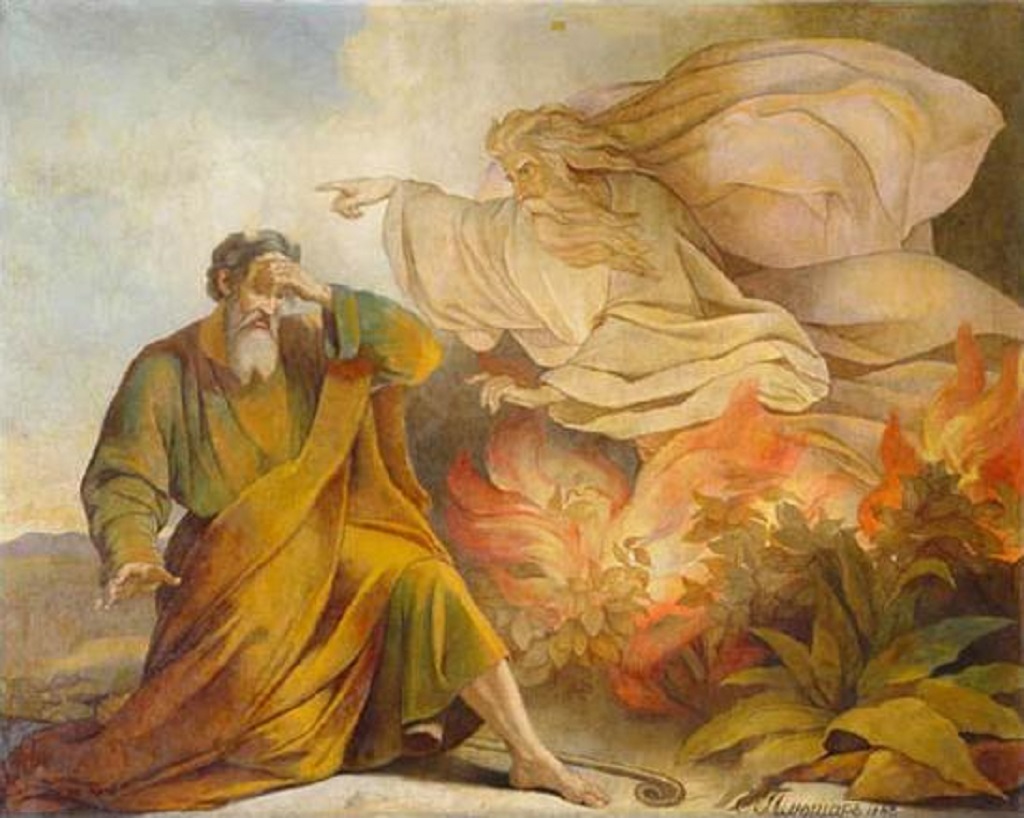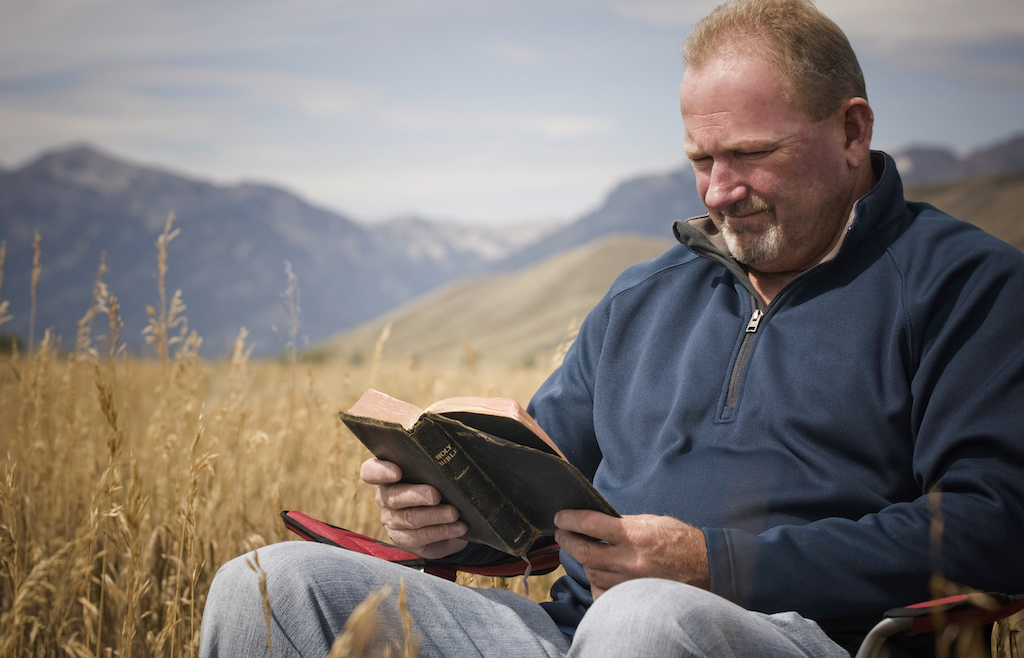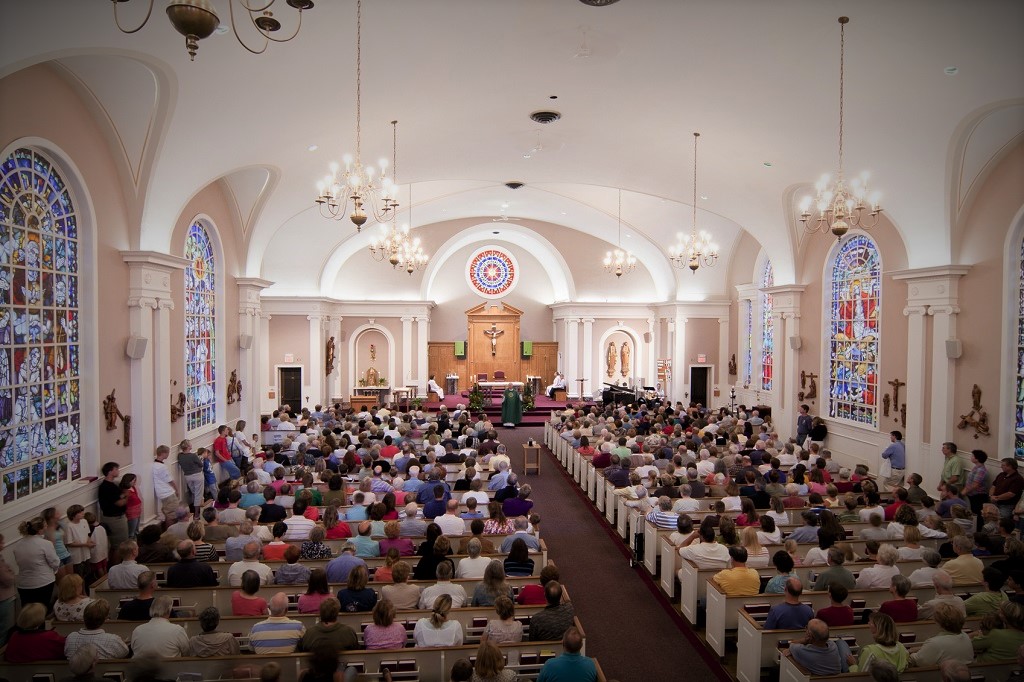TODAY’S ADVENT REFLECTION FOR THE 4TH SUNDAY OF ADVENT, 2016
Most of us are quite familiar with the hymn, O Come, O Come Emmanuel. It is likely the most well-known of the Advent hymns. The basis of this hymn are the O Antiphons, which many of us are not familiar with. The O Antiphons, however, are a beautiful and ancient tradition of the Church. They are prayed/sung the last 7 days of Advent as part of Vespers, of evening prayer. Author Jennifer Gregory Miller:
The Antiphons sum up all the longing for our Savior. They recall the Old Testament waiting for the Messiah, but they also reflect our waiting for His Second Coming at the Parousia. Throughout Advent the readings and prayers have been focused on preparation for Christ’s coming in history and in the future. The “Os” are beautiful antiphons which summarize so many prophecies and typologies in the Old Testament while waiting for the Messiah.
The longing of Advent reaches its peak these last few days. We yearn even more for the coming of the Lord because we can see and taste and hear how close He is. Much like we anticipate the doorbell ringing and the rush of guests on Christmas Day, we listen for the Lord.
The Antiphon for today is “O Adonai:”
O Adonai, et dux domus Israel,
qui Moyse in igne flammae rubi apparuisti,
et ei in Sina legem dedisti:
veni ad redimendum nos in brachio extento.O Sacred Lord of ancient Israel,
who showed yourself to Moses in the burning bush,
who gave him the holy law on Sinai mountain:
Come, stretch out your mighty hand to set us free.
The O Antiphons mingle the Old Testament promise of God to bring forth a Savior, and the New Testament knowledge that Christ entered the world to save us from our sins. Just as Advent remembers the past (the historical birth of Jesus) and looks to the future (the Second Coming of the Lord), the O Antiphons remind us that we are a people rooted in history and yearning for the time to come.
If you are looking for a prayerful way to finish Advent, why not take a few minutes each day to pray and meditate upon the O Antiphons?
[Throughout the 2016 Advent season, we will be bringing you posts from a variety of writers. Our hope is that each of these will be a meaningful way for you to slow down, pray well, and prepare for the coming of our Lord. Today’s blogger is Elise Hilton, who regularly writes the“Living the Good News” blog for Diocesan Trinity Publications. Hilton is a writer, speaker and former educator, who now serves in the Marketing & Communications Department for Diocesan Trinity Publications. She is also an avid reader, wife, mom of five and passionate about music.]



